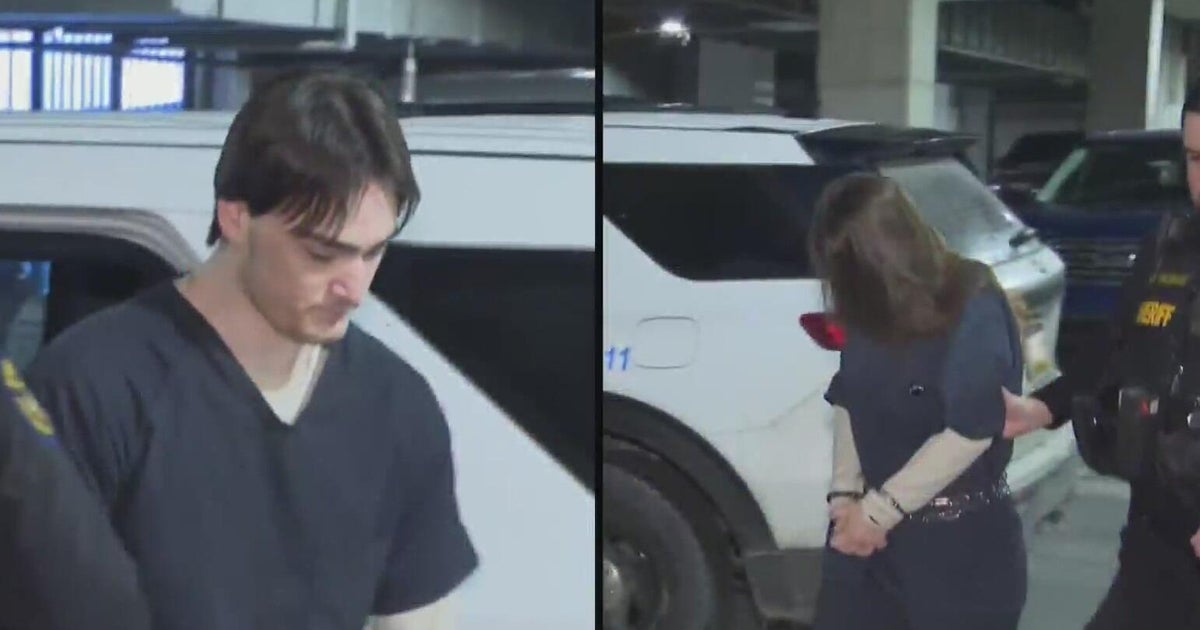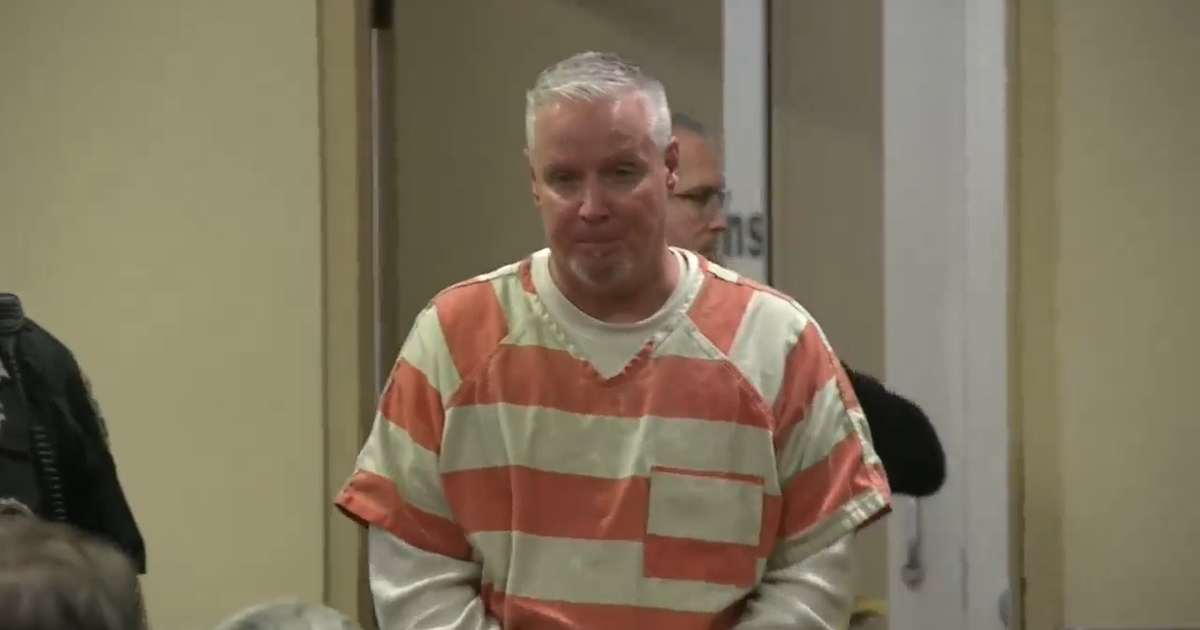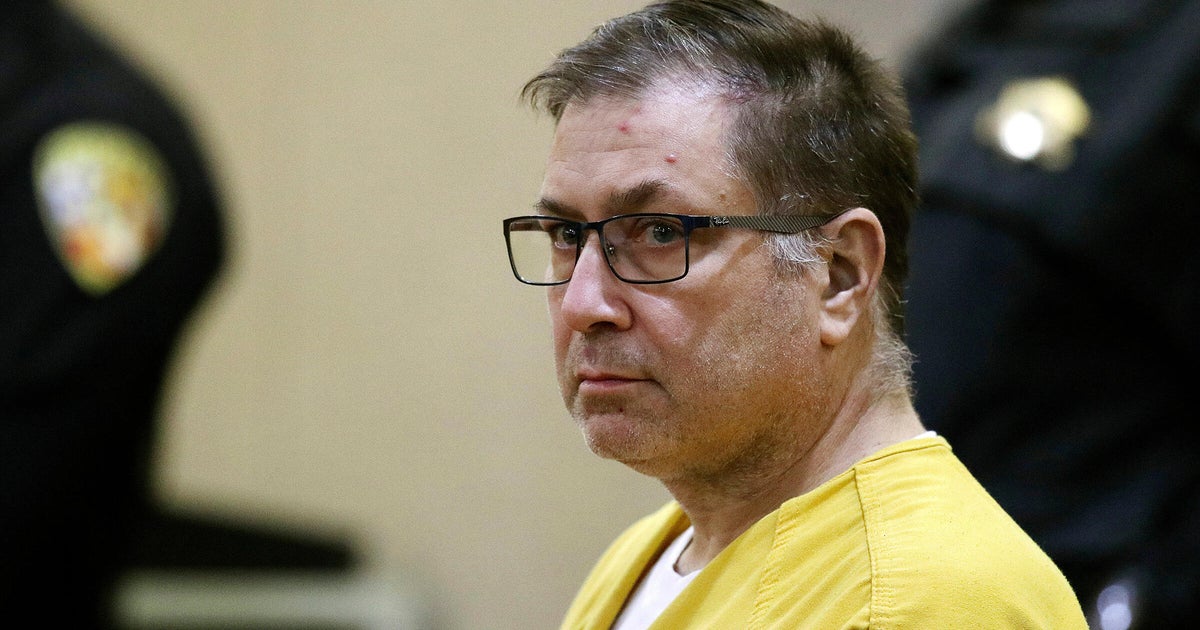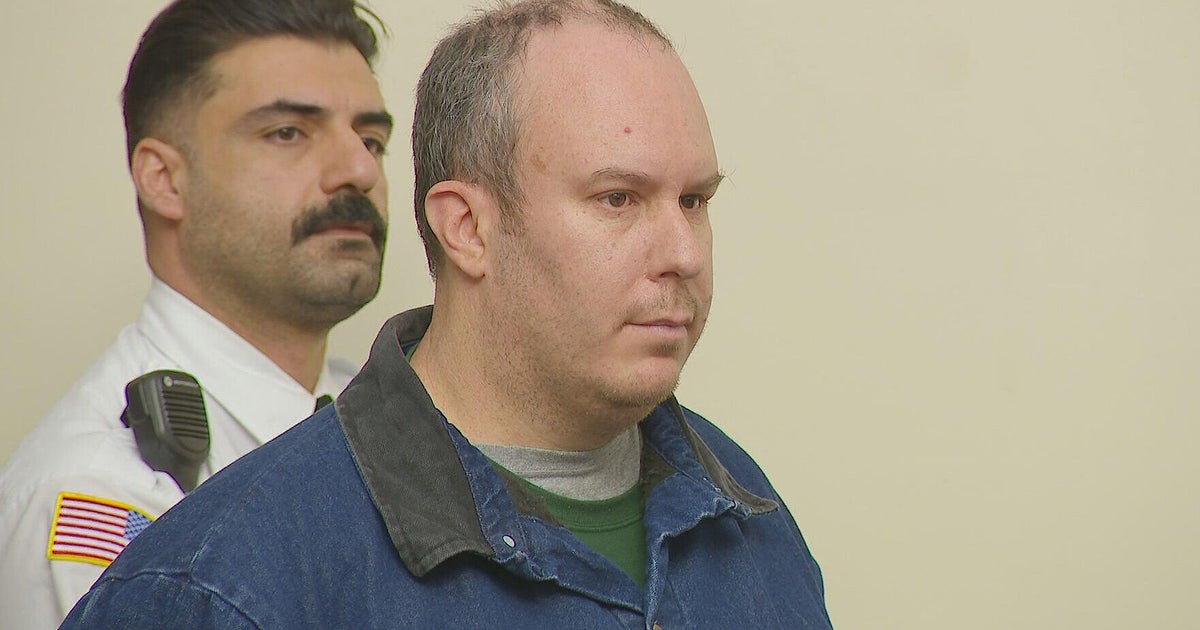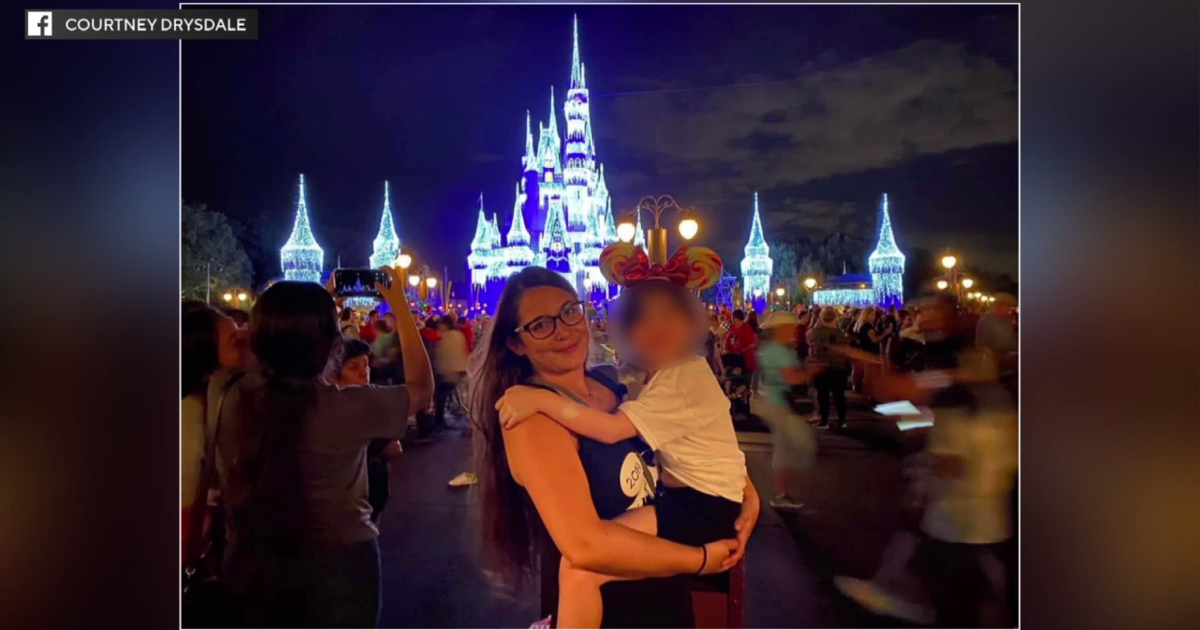Jury Selected For Geralyn Graham Murder Trial
MIAMI (CBAMiami/AP) — A panel of 12 men and women have been seated to serve as the jury in the trial of Geralyn Graham who is accused in the murder of foster child Rilya Wilson.
Opening statements are scheduled for next Monday for the estimated five-week trial.
Graham, 66, has pleaded not guilty to the charge of first-degree murder and has written letters to judges insisting she is innocent. She faces life in prison if convicted.
Last September, Miami-Dade Circuit Judge Marisa Tinkler-Mendez denied defense motions seeking to toss out a purported confession by Graham because she did not have a lawyer present when she reportedly made the statements. Judge Tinkler-Mendez also ruled that she will allow statements Graham made to a police detective.
Prosecutors are relying heavily on testimony from two jail inmates including Robin Lunceford who claimed Graham confessed to them that she smothered the child and disposed of the body near a lake.
Lunceford will be a key prosecution witness.
Wilson was given to Graham and her lover in 2000. Her disappearance wasn't noticed by state child welfare officials for 15 months. Her body has never been found.
An investigation showed that a DCF caseworker, Deborah Muskelly, did not make required monthly visits to the Grahams' home for more than a year, even though she was filing reports and telling judges the girl was fine. Muskelly was eventually placed on five years' probation after pleading guilty to official misconduct for falsifying time sheets.
The case had far broader ramifications, leading to the resignation of then-DCF director Kathleen Kearney and launching of several reforms.
Caseworkers are now required to visit a child monthly and carry GPS units that stamp a date and location to make sure every child is accounted for. But it wasn't until last July that caseworkers were required to go beyond simply taking a picture at those visits and get critical updates about how the child is doing in school, whether they have any medical concerns or how they are faring socially in the home.
State lawmakers also made it illegal to falsify records of visits between child welfare workers and children in the agency's care.
(TM and © Copyright 2012 CBS Radio Inc. and its relevant subsidiaries. CBS RADIO and EYE Logo TM and Copyright 2012 CBS Broadcasting Inc. Used under license. All Rights Reserved. This material may not be published, broadcast, rewritten, or redistributed. The Associated Press contributed to this report.)
